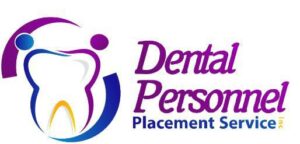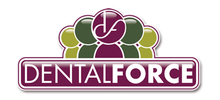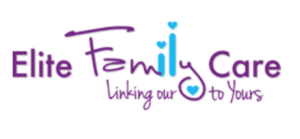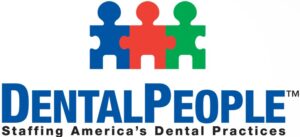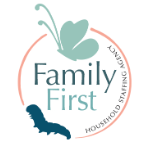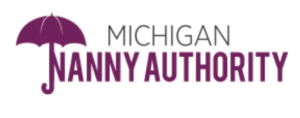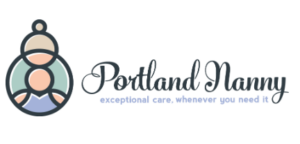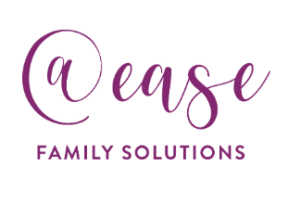Temporary Staffing Software Implementation
Implementing temporary staffing software can significantly enhance the efficiency and effectiveness of staffing agencies. However, successful implementation requires careful planning and execution. This article outlines the best practices for implementing temporary staffing software to ensure a smooth transition and maximize the benefits.
The Importance of Proper Implementation
Enhancing Efficiency
Proper implementation ensures that the software operates at its full potential, automating repetitive tasks and improving overall efficiency.
Reducing Errors
By following best practices, agencies can minimize errors during the transition, ensuring accurate data migration and setup.
Maximizing ROI
A well-executed implementation maximizes return on investment by ensuring that the software delivers its intended benefits effectively.

Best Practices for Temporary Staffing Software Implementation
1. Conduct a Needs Assessment
Identify Key Requirements Before selecting a software solution, conduct a thorough needs assessment to identify key requirements. Understand the specific needs of your agency, including features, scalability, and integration capabilities.
Involve Stakeholders Engage stakeholders from different departments to gather input and ensure that the chosen software meets the needs of all users.
2. Choose the Right Software
Evaluate Options Evaluate multiple software options based on your needs assessment. Consider factors such as ease of use, customization options, and vendor support.
Check References Check references and reviews from other staffing agencies that have implemented the software. This provides insights into the software’s performance and vendor reliability.
3. Plan the Implementation
Develop a Timeline Develop a detailed timeline for the implementation process, including key milestones and deadlines. This helps keep the project on track and ensures timely completion.
Assign Responsibilities Assign clear responsibilities to team members involved in the implementation. Define roles for project managers, IT staff, and end-users to ensure a coordinated effort.
4. Prepare for Data Migration
Cleanse Data Before migrating data to the new software, cleanse existing data to remove duplicates, errors, and outdated information. This ensures that only accurate and relevant data is transferred.
Test Migration Conduct a test migration to identify any issues and ensure that data is transferred correctly. Address any problems before the final migration.
Benefits for Small Enterprises
1. Cost Savings
Temporary agency software reduces costs by:
- Minimizing Errors: Reducing costly mistakes in scheduling, payroll, and compliance.
- Enhancing Productivity: Automating tasks and freeing up time for strategic activities.
2. Improved Employee Satisfaction
By streamlining operations and ensuring timely payments, temporary agency software enhances employee satisfaction. Features such as self-service portals allow employees to manage their schedules and access important information easily.
3. Better Decision Making
Access to real-time data and analytics enables small enterprises to make informed decisions. Temporary agency software provides insights into staffing trends, performance metrics, and resource allocation, helping businesses optimize their operations.
Conclusion
Temporary agency software is a valuable tool for small enterprises, offering solutions to streamline operations, improve efficiency, and ensure compliance. By automating tasks, enhancing communication, and providing robust data security, this software helps small enterprises stay competitive and grow. Investing in temporary agency software can transform staffing processes, leading to cost savings, improved employee satisfaction, and better decision-making.
With the right temporary agency software, small enterprises can effectively manage their staffing needs, maintain compliance, and focus on strategic growth, ensuring long-term success in a competitive market.
To learn more about our software and how it can help you accomplish the above, click here.
Enginehire: The Ideal Staffing Software for Small Businesses
Enginehire is a powerful staffing software for small businesses, designed to streamline operations and enhance efficiency. As a leading temporary agency software, it automates scheduling, payroll, and compliance tracking, reducing administrative workload. With real-time communication, credential verification, and seamless payroll integration, Enginehire helps small enterprises stay efficient and compliant, optimizing workforce management for sustained growth.
Know why our customers rate Enginehire as the best ATS for staffing agencies
Sarah M.
When I first spoke with Enginehire I thought the price was a little steep and almost did not move forward. Ever since then the price is worth every penny. If I ever need anything updated, they respond almost immediately with a solution. They are continuously working to keep the system updated and always adding new features
Read full review
Founder of Nannies Coast to Coast
Debra Fortosis
I have used two other management platforms and I can tell you that Enginehire is the best. Want a one-stop shop? You can match people to jobs, build resumes directly from their profiles, and so much more in seconds. Enginehire has saved me money by saving me time.
Read full review
Elite Family Care

James McCrossen
Enginehire has been a game-changer for my agency. One of the biggest standouts is their tech support. Using Enginehire has genuinely helped me become more efficient and streamlined our operations. Highly recommend it to any agency owner looking to level up.
Read full review
Manny and Me
Amelia D’Urso
,
I should have done this months ago. I waited out of fear and concern that automation wouldn’t be the right fit for such a personalized service. I was so wrong and I’m kicking my past self for waiting! Any agency that is on the fence or considering Enginehire should just take the plunge. It is worth every penny!
Read full review
Amelia’s Nannies
Lydia B – Owner of
The Enginehire Team have been excellent to work with and provide phenomenal customer service . Their knowledge of the industry and individual customization is unparalleled and their platform has revolutionized the way that my team does business.
Read full review
Sommet Nannies
Ruka Curate
We have used so many platforms. From iCims to Bullhorn, to trying to create ones ourselves with Zoho, Asana, Monday.com, Trello, and Airtable. They just did not work for our industry. Enginhire has created a logical system that is simple to use with lots of amazing features. I am so glad we found them.
Read full review
Tiny Treasures NYC

George Johnson
The software is brilliant, it is the only one we could find in our 4 years of looking that would do exactly what we wanted. It has honestly taken a huge amount of admin of our hands. It is is almost 100% customisable.
Deniz Hanson
The Enginehire team was absolutely wonderful to work with; professional, dedicated, and supportive. I cannot recommend Enginehire enough if you’re looking for a way to streamline your processes and work with a patient and understanding team.
Read full review
Trusted Nanny Match


